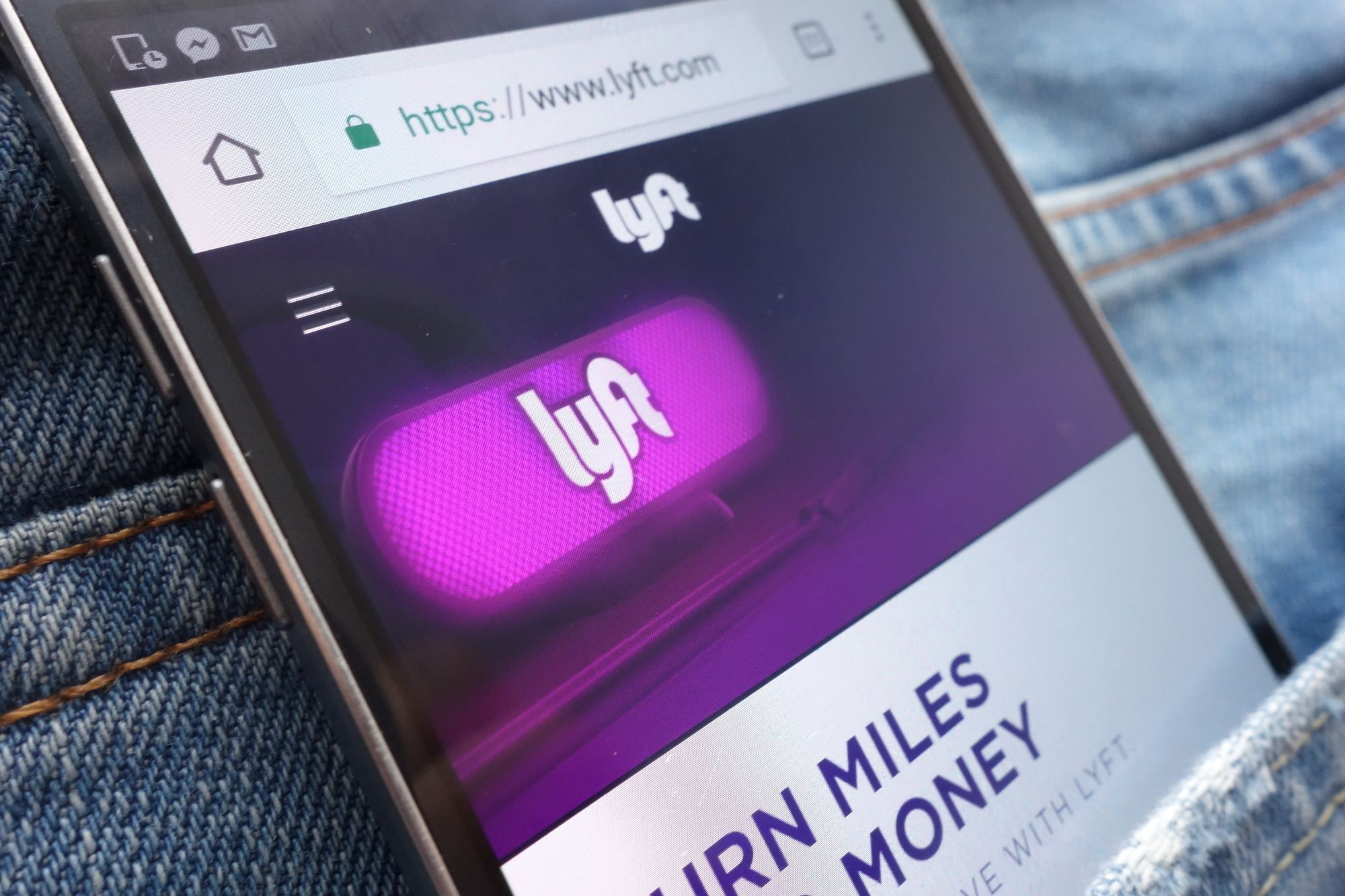Top Class Actions’s website and social media posts use affiliate links. If you make a purchase using such links, we may receive a commission, but it will not result in any additional charges to you. Please review our Affiliate Link Disclosure for more information.

A wage class action lawsuit against Lyft will be kept in court, a New Jersey federal judge has ruled.
Renier Gonzalez, a New Jersey Lyft driver, lodged the class action lawsuit against Lyft in New Jersey over workers’ wages. Gonzalez claimed that the rideshare giant dodged minimum wage and overtime pay by claiming the workers were independent contractors. In addition, Gonzalez pointed out that, since Lyft drivers cross state lines in their line of work, an arbitration agreement that the company forces workers to sign should not apply to the class action lawsuit claims.
A magistrate judge agreed with the Lyft driver and ordered the proposed class and collective action to proceed in court; however, Lyft appealed the decision to a New Jersey federal court.
In a recent ruling, U.S. District Judge Brian Martinotti rejected Lyft’s arguments, siding with the magistrate judge and sending the class action lawsuit back to court.
Lyft reportedly argued that the magistrate judge’s decision not to apply federal arbitration law was an error. The rideshare company pointed out that only 2% of its rides cross state lines, arguing that the exception to the Federal Arbitration Law applied by the magistrate judge is narrower than determined in his decision.
Judge Martinotti disagreed, siding with the magistrate judge’s determination.
Judge Martinotti also concluded that more discovery was necessary before determining whether the arbitration agreement Lyft drivers are required to sign would apply to the class action lawsuit claims. The judge’s opinion noted “plaintiffs have introduced facts that place the issue of arbitrability in dispute. Plaintiffs need to do nothing more, such as articulating the need for discovery, to be entitled to discovery.”
In addition, the judge noted that the remainder of Lyft’s arguments were based on “non-binding cases” that he declined to follow in this matter.
Lyft, Uber, and other gig economy companies who use so-called independent contractors to reap immense profit are facing legal action over their labor practices in other states, including California.
Are you a New Jersey Lyft driver? Do you think the rideshare company should pay minimum wage and overtime? Tell us in the comment section below!
The lead plaintiff and proposed Class Members are represented by Roosevelt Nesmith of the Law Office of Roosevelt Nesmith LLC, Catherine Anderson of Giskan Solotaroff & Anderson LLP and Russell Warren Jr.
The Lyft Drivers Wage and Hour Class Action Lawsuit is Renier G. v. Lyft Inc., Case No. 19-cv-20569, in the U.S. District Court for the District of New Jersey.
Read About More Class Action Lawsuits & Class Action Settlements:















One thought on No Arbitration in Lyft Driver Class Action Lawsuit
Please add me